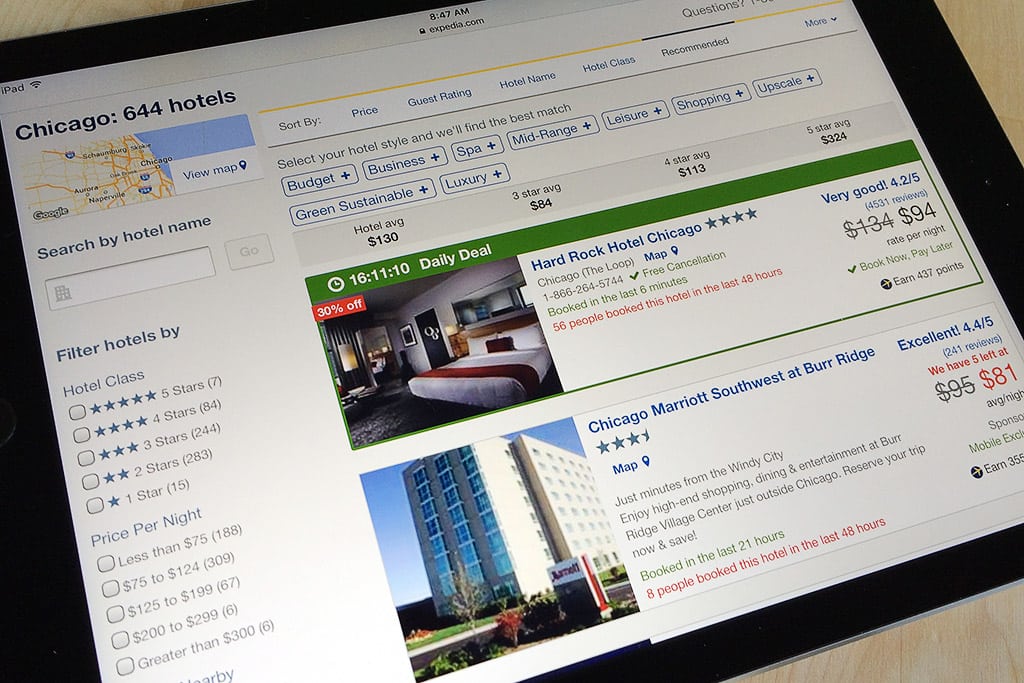Expedia Overturns Hotel Business Model With Introduction of Bidding for Listings

Skift Take
Expedia is upsetting the proverbial apple cart in introducing hotels bidding against one another for prime placement in Expedia's search results. It's a bold move that could have a far-reaching impact across the online travel agency and hotel industries.
In what may ultimately develop into a massive change in the way online travel agencies and hotels do business with one another, Expedia Inc. has quietly introduced changes in the way hotel properties make it to the top of the page on brands such as Expedia.com and Hotels.com.
Although it hasn't been officially launched or widely publicized, Expedia's market managers began offering hotels the ability to bid their way to the top of Expedia's sort order of listings. [Expedia CEO Dara Khosrowshahi discusses the new dynamic pricing program beginning at the 52-second mark in a CNBC video February 11 that's embedded below.]
In an interview with Skift February 10, Expedia Inc. CFO Mark Okerstrom described Expedia's new Accelerator program for hotels, a plan that turns Expedia's search results' pages into a "marketplace" and has hotels competing against one another for bragging rights in Expedia's listings.
The placement on a page is all-important in driving hotel bookings.
"We are also offering the opportunity for hotels to augment that quality nature of their listing with incremental economics to help give them a little bit

